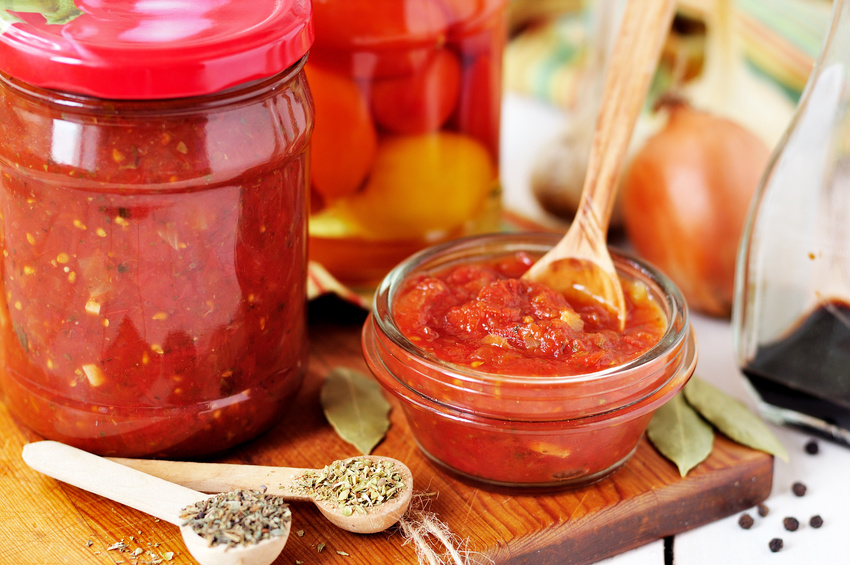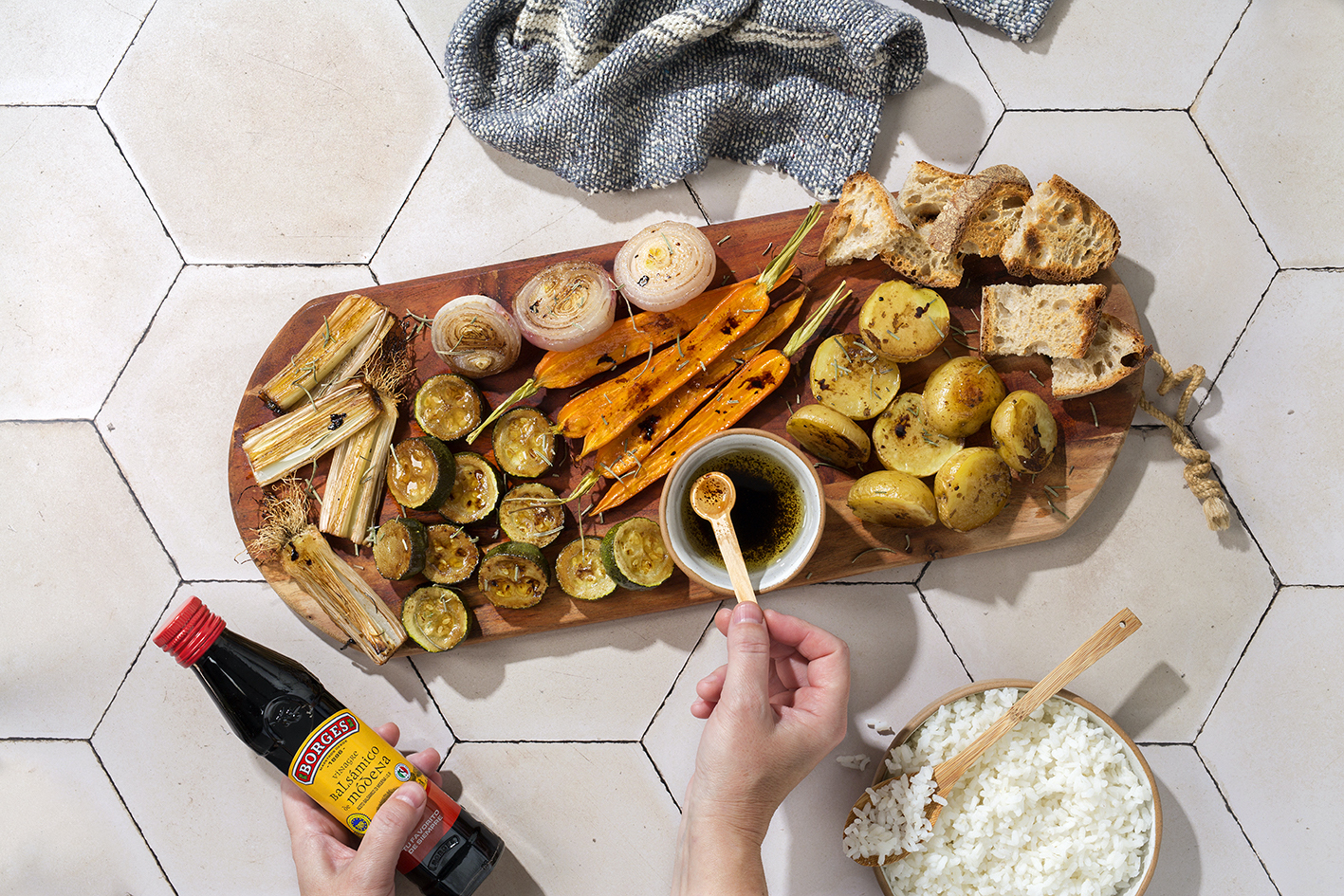Summer is tomato season and, even though we might prefer to be sunbathing with our favourite magazine in hand, this is the ideal time of year to make homemade preserved tomatoes. We’ll really appreciate a summer afternoon spent on this simple task when winter comes round, because we can easily stock our kitchen shelves with enough preserved tomatoes to last a whole year.
So let’s buy some good-quality, fresh, tasty tomatoes and get to work preserving them ourselves.
1.- After removing the stalks, wash the tomatoes well and plunge them into a pan of boiling water for about 1 minute to make the skins easier to remove. You’ll find it helps to cut a small cross in the bottom of the tomatoes before boiling them.
2.- Take the tomatoes out of the boiling water, rinse well and remove the skin, taking care not to damage them. You should handle the tomatoes as delicately as possible throughout the whole process: the less bruised the tomatoes are, the tastier the sauce will be.
3.- Bring a large pan of water to boil. Boil the jars in which you’ll store the tomatoes for 5 minutes to sterilise them. Dry well.
4.- Cut the tomatoes in half, trying to remove any excess water, and place them inside the jars. If you prefer, you can puree them first with a blender.
5.- Push the tomatoes into the jars as tightly as possible and top up with extra-virgin olive oil; you can also add a bay or basil leaf. The idea is not to leave any air inside. Seal hermetically.
6.- Bring a large pan of water to boil and place the upright jars inside for 30 minutes, covering them completely with water. You can check that the jars are hermetically sealed by turning them upside down and seeing whether any contents leak out.
And… They’re ready! Keep your preserved tomatoes in a cool, dry place and they should last about a year.
Some tips
* If you add garlic and peppers, you’ll have a great ratatouille ready for any occasion.
* If you fry the tomatoes with a dash of extra-virgin olive oil before preserving them, you’ll save yourself a lot of work when it comes to cooking. Simply fry on a low heat for a couple of hours, strain to remove the seeds and you’re good to go. It’s a good idea to make half a batch of raw preserved tomatoes for dishes that don’t need fried tomatoes and half of batch of fried preserved tomatoes for those that do.
* If you add a few onions, carrots and other vegetables to the fried tomatoes, you’ll have a fantastic tasty sauce that’s ideal for your pasta dishes.


